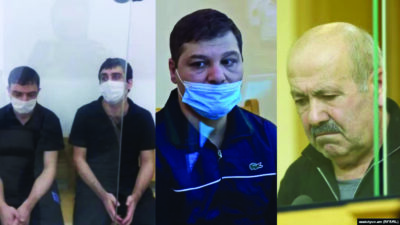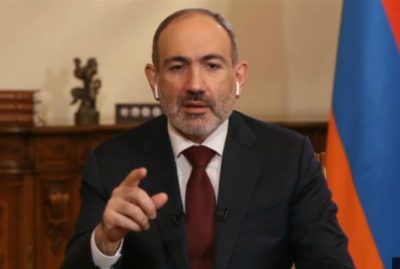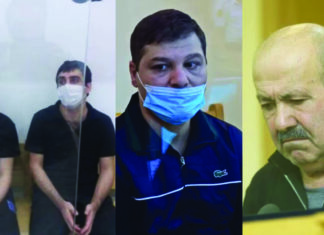YEREVAN — Prime Minister Nikol Pashinyan’s government officially submitted its resignation on Sunday, April 25. The resignation, which was formally accepted by President Armen Sarkissian is the first step in triggering the process to hold snap parliamentary elections by June 20, in accordance with a deal struck between political forces back in March.
With Pashinyan’s resignation triggering Article 149 of the Armenian Constitution, parliament is given two opportunities within a 14-day period to vote on a replacement prime minister. As part of the deal, parliamentary opposition parties Bright Armenia and Prosperous Armenia have both agreed to withhold nominating their own candidates as part of the complex set of loops that parliament must go through before a general election could be called. This election is expected to take place within 30 to 45 days.
The administration chose the date of his government’s resignation — April 25 — to coincide with the third anniversary of former President Serzh Sargsyan’s resignation in the wake of peaceful mass protests which first swept Pashinyan to power in 2018. The event has since been commemorated with a new holiday, “Citizens’ Day” held on the closest Sunday.
“This is emblematic in a sense that in this way we are returning to the citizens the authority received from the citizens of the Republic of Armenia, so that they could elect a government through free, fair and competitive elections,” Pashinyan explained about the date chosen.
Pashinyan is expected to remain interim prime minister until the elections are held in June. This decision did not pass without controversy, however. Opposition parties connected to the former regime criticized the decision as being unconstitutional. Armenia’s first president, Levon Ter-Petrosian, also voiced concerns about the viability of free elections if Pashinyan retained his seat.
These concerns were rebuked by parliamentary opposition leader Edmon Marukyan, pointing to Article 158 of the Constitution, which states that government officials (including the prime minister) are allowed to remain in office in the interim. “Those who wrote the law are now complaining that the government does whatever it wants.” Marukyan hit back, “Pashinyan already set a precedent in 2018 when he remained interim prime minister after resigning; no-one complained back then.”








